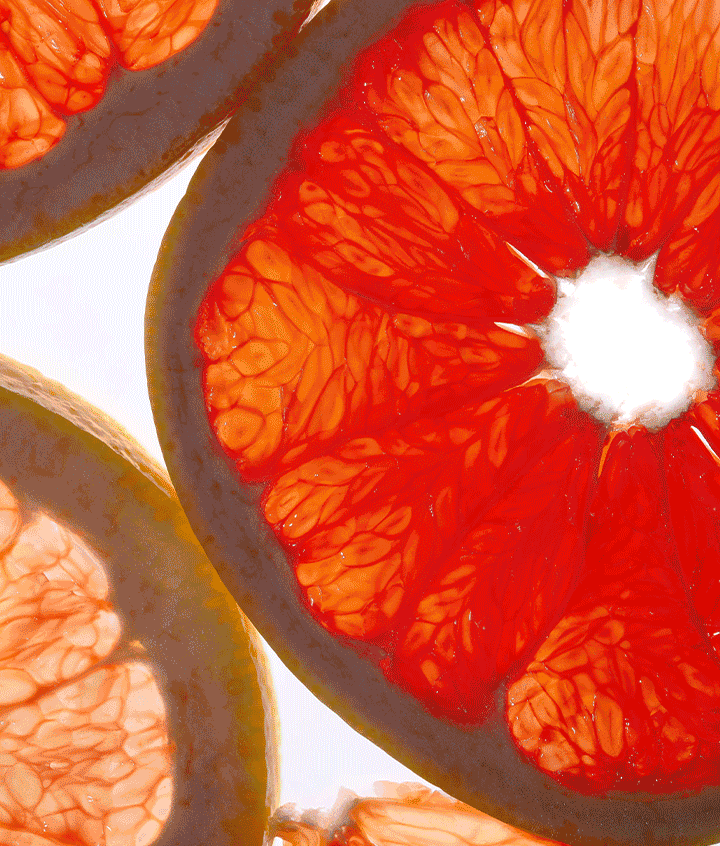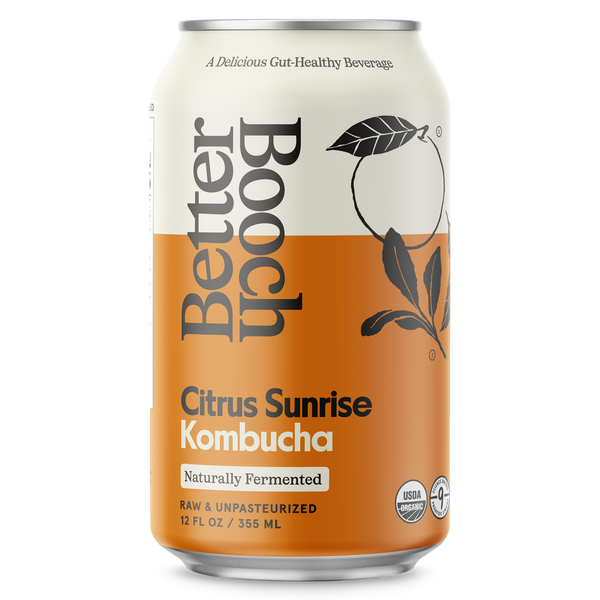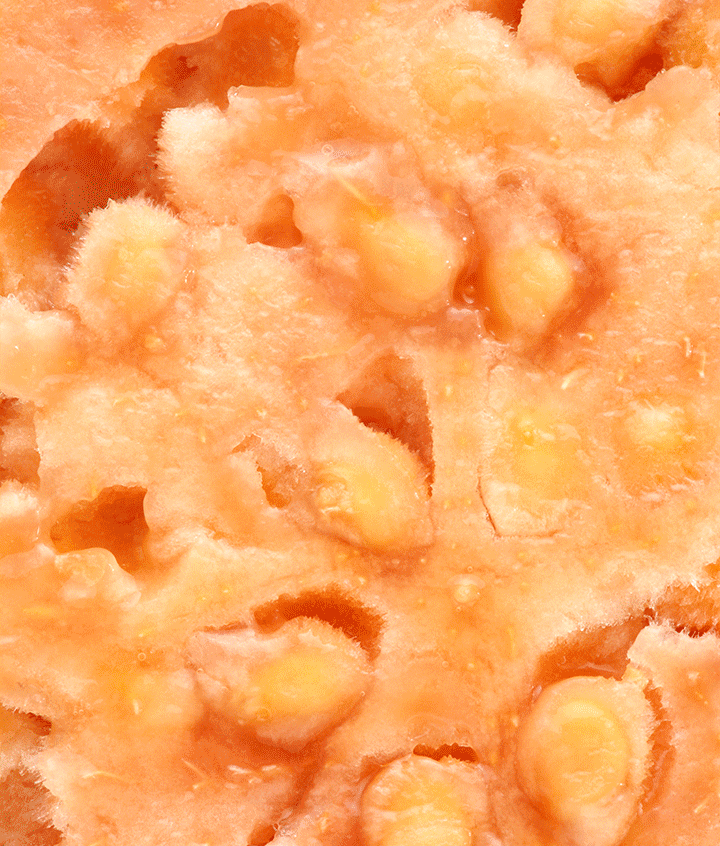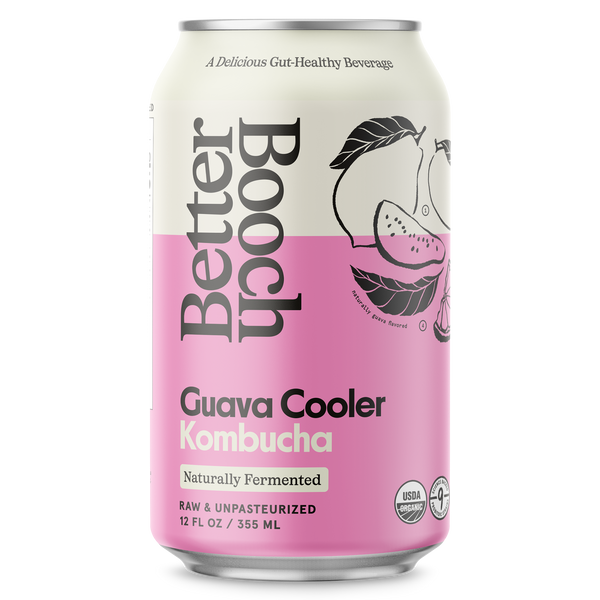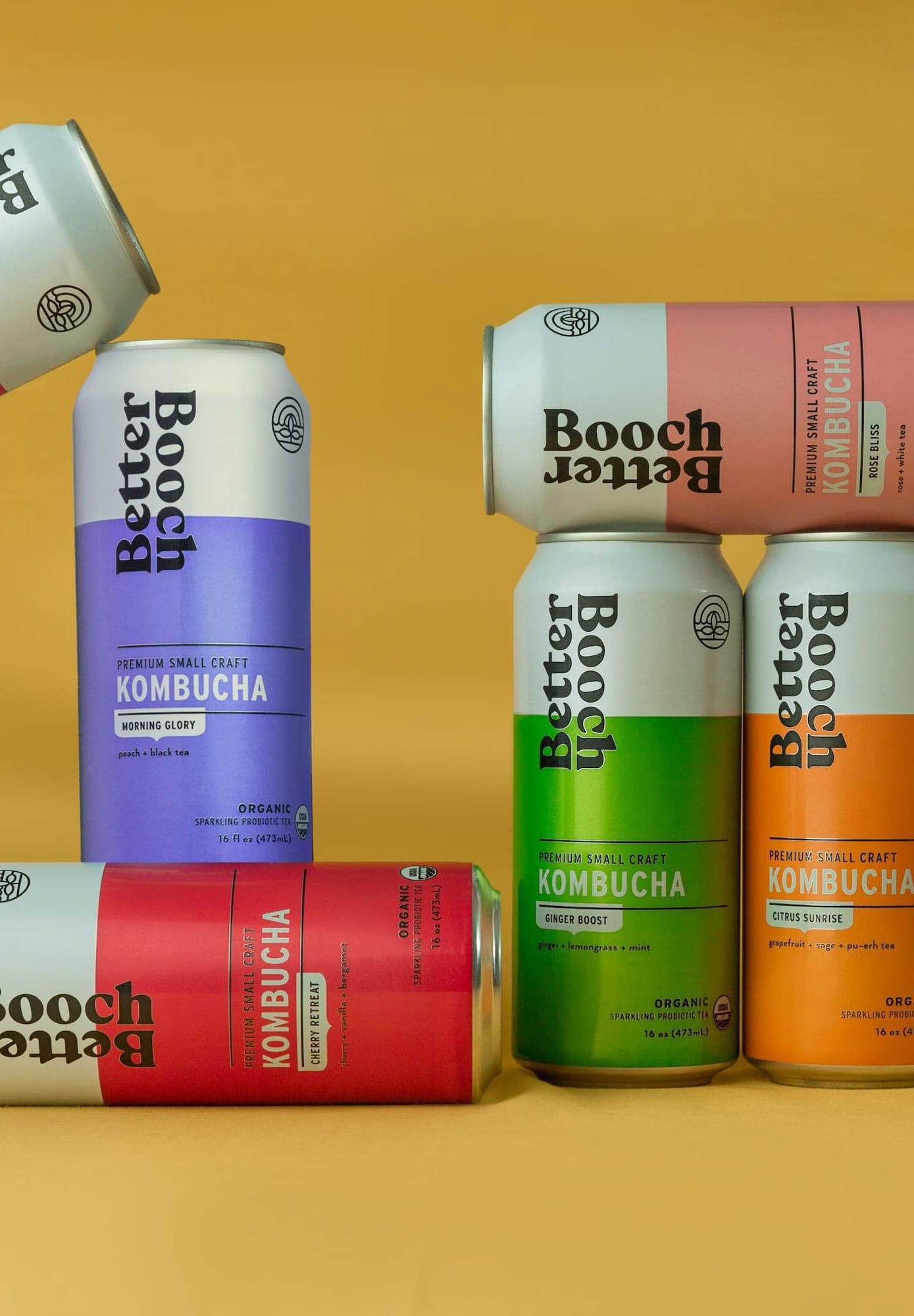The medicinal properties of food (otherwise referred to as food as medicine) have become somewhat mainstream in the wellness space, but what does that really mean? In short, it means food can be used for more than just fuel. Given the importance of gut health and how it impacts our overall health, by cutting out and incorporating certain foods, you can begin to heal, feel better, and maintain optimal wellbeing.
Certain foods are known to have medicinal powers and protective qualities. Although it’s only recently gained popularity, the foods-as-medicine approach has been adopted in Ayurveda and traditional Chinese medicine going way back. Everyone’s a little late to the party, but we’re here now, and that’s what matters!
There is still a long way to go before nutrition is given the focus it deserves, but thankfully, integrative health, which blends conventional healthcare and holistic tools like nutrition, stress management, fitness, and mindfulness, is becoming more and more prominent.
Keep reading to learn more about the medicinal properties of food (aka the science behind it) and how to start using the food-as-medicine approach as part of your wellness self-care.
What are some of the medicinal properties of food?
There is a lot of evidence that shows the effects are comparable, if not more effective, when deriving nutrients from food vs supplements. So here are some of the ways food can support in healing the body. Note that food is not meant to be a replacement for medicine. Diet alone can’t replace medicine in certain situations. Always consult with your healthcare provider before making any changes to your diet or healthcare practices.
- Decreases inflammation—Inflammation is the root of many diseases. Certain foods we eat can either trigger inflammation or help decrease and control it and as a result helping to prevent diseases.
- Balances hormones—Hormones affect all health areas, and any abnormal hormonal changes can lead to a host of different conditions. So, consuming foods that help balance your hormones will keep your overall health happy too.
- Alkalizes the body—Processed foods make the body more acidic, which allows diseases to thrive. Eating a more alkaline diet rich in plant foods helps detoxify the body and supports cellular renewal.
- Improves absorption—Processed foods lack the proper nutrients our bodies need, which is problematic given that many illnesses stem from nutritional deficiencies.


How to start using food as medicine
1. Eat whole, plant-based foods
Step one of incorporating the food-as-medicine approach into your lifestyle is becoming more mindful of what you’re eating. Modern diets typically feature lots of processed foods and are low in whole foods like fresh produce. This means you’re likely not getting the necessary vitamins, minerals, and antioxidants your body needs which increases the risk of disease.
Focus on bringing in more whole, plant-based foods into every meal and cutting out or minimizing the amount of processed food. Naturally probiotic foods (major shout out to kombucha) and foods high in fiber are especially helpful as they support good digestion and feed healthy bacteria in the gut.
2. Consume medicinal foods
Certain foods are known to have powerful medicinal properties. These include berries, cruciferous vegetables, fatty fish, spices, herbs, and green tea. Stepping up your food-as-medicine game can be as easy as incorporating more of these foods into your diet.
3. Work to reduce stress
Even if you’re eating all the healthy foods possible, if your stress is high, that will impact your digestive function, so your body won’t reap the benefits of the food. Stress can also lead to many gastrointestinal disorders, including inflammatory bowel disease and irritable bowel syndrome. Implement stress-reducing rituals like a heart-opening yoga flow and stretching to help you keep you calm and cool.
4. Practice mindful eating habits
How you eat matters too. Ensure that you take your time and eat slowly. Really savor the food. Consuming mindfully not only increases your enjoyment but also reduces how much you eat because it gives your stomach time to register that it’s full.
5. Be the captain of your health
All that said, everybody is different. Even if certain foods are known for being beneficial that doesn’t mean it will necessarily be the best foods for you. Get to know your body and what it needs. Pay attention to how particular foods make you feel. Be the captain of your own health. Do your research. If you need additional support, find a health provider who focuses on holistic tools such as nutrition, stress management, and exercise.
The takeaway
When it comes to making any healthy lifestyle changes, remember to practice grace. It’s not about being perfect. Don’t beat yourself up. Every day is a fresh start. Don’t forget to notice and pay attention to what foods make you feel good and adjust as needed. We challenge you to practice being the captain of your health by taking one baby step towards implementing the food-as-medicine food approach today.
About Better Booch
100% tea-based kombucha, we proudly offer nine delicious blends created with the finest organic herbs, adaptogens, and botanicals. Brimming with naturally-occurring probiotics, Better Booch has the lowest sugar on the market and it tastes as great as it makes you feel. Give us a try and get free shipping!
